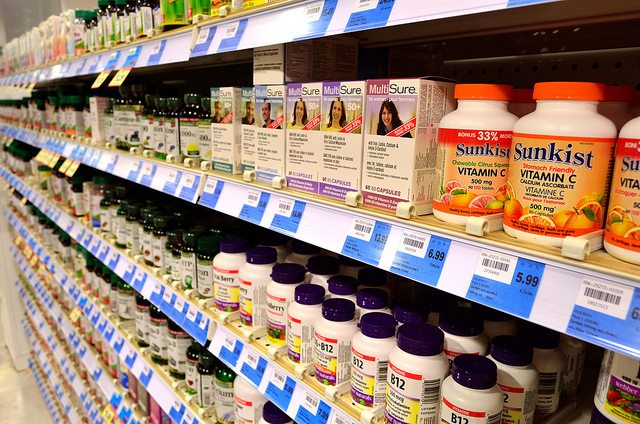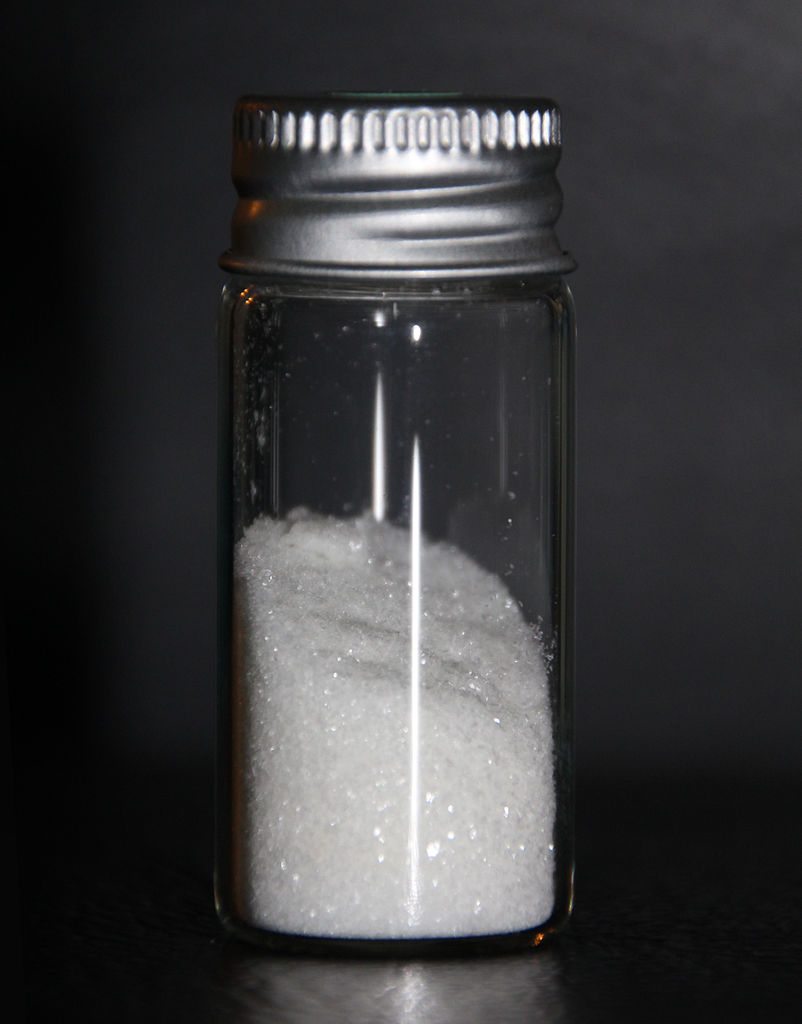Tag: cardiovascular disease

More evidence that routine multivitamin use should be avoided
If scientific evidence guides our health decisions, we will look back at the vitamin craze of the last few decades with disbelief. Indiscriminate use is, in most cases, probably useless and potentially harmful. We are collectively throwing away billions of dollars into supplements, chasing the idea of benefits that have never materialized. Multivitamins are marketed with a veneer of science but that...
New Cholesterol Guidelines
On November 15, the American College of Cardiology and the American Heart Association released an updated guideline for the use of statins to prevent and treat atherosclerotic cardiovascular disease (ASCVD). The full report is available online. It has already generated a lot of controversy. The news media have characterized it as a “huge departure” from previous practice and have trumpeted that it...

Do vitamins prevent cancer and heart disease?
The US Preventive Services Task Force has released an update on vitamin and mineral supplements to prevent heart disease and cancer. The evidence was not good and did not support taking vitamins as "nutritional insurance."
What Can We Learn from the Kitavans?
A Swedish researcher, Staffan Lindeberg, has been studying the inhabitants of Kitava, one of the Trobriand Islands of Papua New Guinea. He claims that sudden cardiac death, stroke, and exertion-related chest pain never occur in Kitava; and he attributes this to their eating a Paleolithic diet. 2,250 people live on Kitava. They are traditional farmers. Their dietary staples are tubers (yam, sweet...

The deceptive rebranding of aspects of science-based medicine as “alternative” by naturopaths continues apace
That naturopathy is a veritable cornucopia of quackery mixed with the odd sensible, science-based suggestion here and there is not in doubt, at least not to supporters of science-based medicine (SBM). However, what naturopaths are very good at doing is representing their pseudoscience as somehow being scientific and thus on par with conventional SBM. So how do they accomplish this? Certainly, it’s...

AAFP CME Program Succumbs to “Integrative Medicine”
For many years I have been using Continuing Medical Education (CME) programs offered by the American Academy of Family Physicians (AAFP). The FP Essentials program consists of a monthly monograph with a post-test that can be submitted electronically for 5 hours of CME credit. Over a 9-year cycle, a complete family medicine curriculum is covered to prepare participants for the re-certification board...
It’s a part of my paleo fantasy, it’s a part of my paleo dream
There are many fallacies that undergird alternative medicine, which evolved into “complementary and alternative medicine” (CAM), and for which the preferred term among its advocates is now “integrative medicine,” meant to imply the “best of both worlds.” If I had to pick one fallacy that rules above all among proponents of CAM/IM, it would have to be either the naturalistic fallacy (i.e.,...
Calcium supplements and heart attacks: More data, more questions
Why take a drug, herb or any other supplement? It’s usually because we believe the substance will do something desirable, and that we’re doing more good than harm. To be truly rational we’d carefully evaluate the expected risks and benefits, estimate the overall odds of a good outcome, and then make a decision that would weigh these factors against any costs (if...

The result of the Trial to Assess Chelation Therapy (TACT): As underwhelming as expected
Chelation therapy. It’s one of the most common quackeries out there, used by a wide variety of practitioners for a wide variety of ailments blamed on “heavy metal toxicity.” Chelation therapy, which involves using chemicals that can bind to the metal ions and allow them to be excreted by the kidneys, is actually standard therapy for certain types of acute heavy metal...
The Obesity Paradox
Being fat is bad except when it’s good. It’s called “the obesity paradox.” (No, that isn’t a mis-spelling for “two physicians who treat fat people.”) The adverse health effects of obesity are well established, but there are exceptions. Obesity appears to confer an advantage in certain subgroups with conditions like heart disease and diabetes. In the News Casual consumers of some recent...

